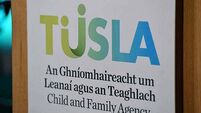PSNI’s use of covert surveillance on journalists ‘not systemic’, review finds
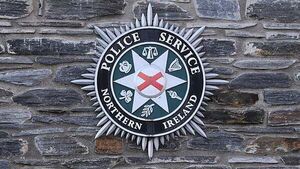
By Jonathan McCambridge and David Young, PA
The covert surveillance of journalists and lawyers by police in Northern Ireland was not “widespread or systemic”, an independent review has found.
However, the McCullough Review has identified more than 20 attempts made by the Police Service of Northern Ireland (PSNI) to identify journalists’ sources.
The review also raised “significant concerns” about the PSNI conducting trawls of its own communications systems records in “an untargeted wholesale attempt to identify unauthorised contact between PSNI personnel and journalists”.
Amnesty International has said the report “exposes a disturbing pattern of unlawful covert surveillance of journalists”.
Angus McCullough KC was commissioned by the PSNI to examine the issue after a tribunal last year ruled an undercover police operation to try to unmask the journalistic sources of two award-winning documentary makers was unlawful.
The Investigatory Powers Tribunal (IPT) quashed a decision made by former PSNI chief constable Sir George Hamilton to approve a directed surveillance authorisation (DSA) in an investigation into the leaking of a confidential document that appeared in a documentary on a Troubles massacre made by Trevor Birney and Barry McCaffrey.
The review, published on Wednesday, investigated covert measures used by police between January 2011 and November 2024.
I have found no basis for concerns that PSNI surveillance of journalists or lawyers is widespread or systemic
The barrister said he had been given full access to PSNI records, systems and personnel.
Mr McCullough concluded: “I have found no basis for concerns that PSNI surveillance of journalists or lawyers is widespread or systemic.”
He added: “Whilst, there is scope for improvement in PSNI’s practices in various identified respects, and some specific incidents where there has been what I consider to be a failure to comply with the relevant legal provisions, I can find no basis for any suggestion that the powers available to PSNI are being routinely abused in relation to journalists, lawyers or others of special status as identified in the terms of reference.”
The review examined the practice of cross-checking journalists’ phone numbers against PSNI communication systems records, referred to as “washing through”.
It said this included the use of a list of more than 380 journalists’ contact numbers.
It said: “The scale of this practice, the duration over which it was carried out, and the apparent lack of any questioning as to the necessity or proportionality of a technique that seems to have been almost entirely ineffective in its aim of identifying inappropriate contact between PSNI officers and staff and journalists is troubling.
“I am relieved to find that the practice has been discontinued, having not been used since March 2023, and formally ended in May 2024.”
The review also examined PSNI applications for the use of Communications Data (CD), which it said does not involve access to the content of communications, but instead shows which numbers were in contact with each other and for how long.
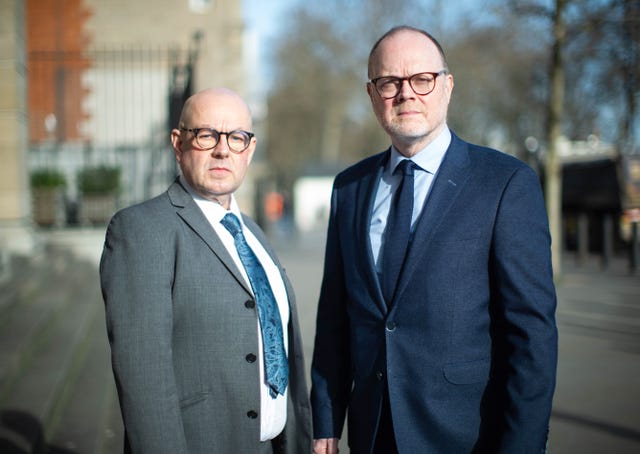
It said: “We have identified 24 applications which appear to have been made with the purpose of identifying a journalists’ source within the time-frame of the review.
“Of these applications, 21 applications were authorised whereas three were not.
“The applications relate to nine investigations in total.”
The report said in total 378 CD applications had been made relating to journalists, which included applications relating to bomb hoax or warning calls or situations were journalists had been the victim of crime.
The review also said that in the course of its investigations it had uncovered a “significant number” of digital files held by the PSNI which appeared to consist of data from devices seized from Mr McCaffrey and Mr Birney in 2018, and that their detention seemed to be a breach of orders made by the IPT.
It also said investigative reporter Donal MacIntyre, who is examining the circumstances surrounding the death and disappearance of Belfast schoolboy Noah Donohoe in 2020, had been the subject of a DSA.
However, it said this related to public posts on his X account and said there was no indication private communication between the journalist and Noah’s mother had been accessed by police.
The report said it had found direct surveillance had been used in relation to one other journalist and twice against a lawyer.
Mr McCullough said he was concerned this included the use of surveillance within a court building.
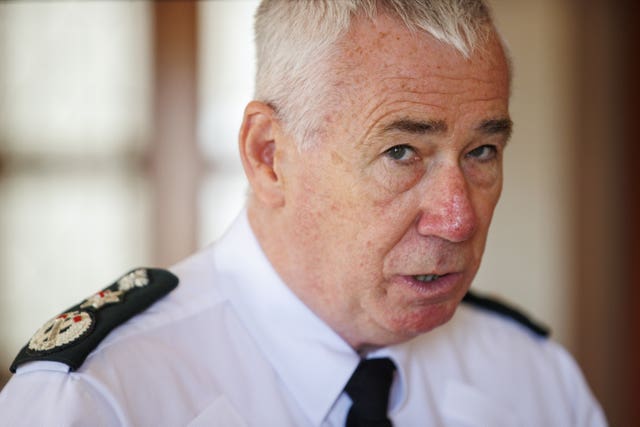
The review also dealt with reports that eight journalists in Northern Ireland had had their names run through a “standalone intelligence system” in 2017.
During the McCaffrey/Birney IPT hearings it was suggested by a lawyer that they had been targeted by the PSNI as “troublemaker journalists”.
The report said it did not believe any of the eight individuals was a practising journalist at the time.
The review makes 16 recommendations, including commissioning a supplementary report and the PSNI bringing together all the units responsible for the authorisation process for all forms of covert surveillance.
Patrick Corrigan, Northern Ireland director of Amnesty International UK, said: “This report exposes a disturbing pattern of unlawful covert surveillance of journalists, with the PSNI showing clear disregard for press freedom and the rule of law.
“The scale of the wrongdoing is alarming, from repeated attempts to identify reporters’ sources to covert operations concealed from oversight bodies.
“But questions remain. How far has MI5 gone in unlawfully monitoring journalists in Northern Ireland?
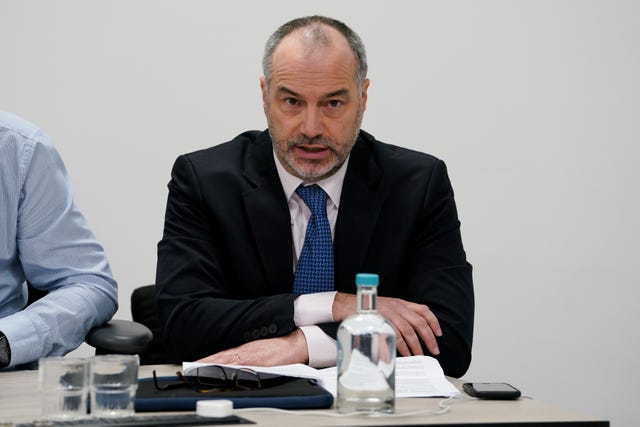
“A free press simply cannot function under the shadow of state surveillance.
“That is why we are asking the Secretary of State to set up a full public inquiry. Only full disclosure can restore trust and safeguard the rights of journalists in Northern Ireland.”
Issues around police surveillance of journalists in Northern Ireland have attracted increasing scrutiny since the 2018 arrests of Mr McCaffrey and Mr Birney as part of a police investigation into the alleged leaking of a police watchdog document that appeared in a documentary they made on the 1994 loyalist paramilitary massacre in Loughinisland, Co Down.
The PSNI, citing a conflict of interest, asked Durham Police to lead the probe into the inclusion of the Police Ombudsman for Northern Ireland document in the No Stone Unturned film on the UVF pub shooting that killed six men.
The PSNI later unreservedly apologised for the way the two journalists had been treated and agreed to pay £875,000 in damages to them and the film company behind the documentary.
In 2019, Mr Birney and Mr McCaffrey lodged a complaint with the IPT asking it to establish whether there had been unlawful surveillance of them. The tribunal reached its determination last year and both men were each awarded £4,000 in damages.
In a further development at the IPT last week, MI5 admitted it “unlawfully” obtained the communications data of a former BBC journalist in Northern Ireland.
The concessions relating to Vincent Kearney came in a letter to the BBC and Mr Kearney, who is now RTE’s northern editor, ahead of a tribunal hearing in London.
Mr Kearney brought legal action after reports that documents in the case of Mr McCaffrey and Mr Birney had suggested public bodies, including police forces, had spied on him.
The forces included the PSNI, the Metropolitan Police and Durham Constabulary.
The tribunal heard the three forces all concede they had previously obtained communications data belonging to Mr Kearney.


